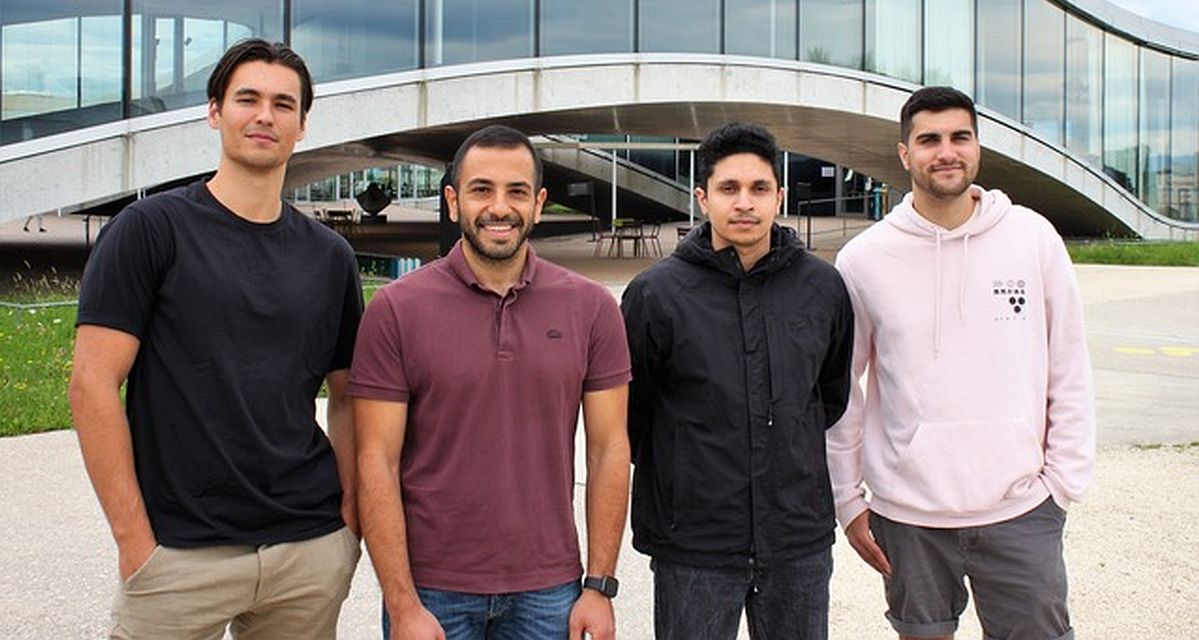
After getting support through EPFL's Ignition grant and FIT Innogrant, Adaptyv Biosystems has received a pre-seed investment from Y Combinator (YC), the world's most selective startup accelerator. The pre-seed round includes CHF 140,000 from grants and USD 125,000 from YC. The capital will be used to validate the platform with partners from the industry, and to advance R&D activities in order to develop new capabilities.
Based in Mountain View, California, YC has funded over 3,000 companies since 2005, including Airbnb, Coinbase and Ginkgo Bioworks. Since the start of the COVID-19 pandemic, Y Combinator has made its program fully remote, allowing companies from all over the world to apply. Adaptyv Biosystems was selected among less than 2% of over 15,000 startups that applied for this year's summer batch. The 3-month program culminates at the end of August with Demo Day, an invitation-only event where the startups present in front of over 1000 international investors to raise seed funding.
“YC really is an amazing program and we're very happy to be part of the network. For the past months, we've been working intensely on validating our technology and market and we’re now getting ready to raise our seed round in September,” said Julian Englert, co-founder of Adaptyv.
Daniel Nakhaee-Zadeh Gutierrez, Amir Shahein, Moustafa Houmani and Julian Englert, founders of Adaptyv Biosystems, developed a protein engineering platform using so-called cell-free systems on highly automated nanofluidic platforms. Instead of relying on genetically engineered living cells to produce a protein of interest, cell-free systems consist only of the biochemical components needed to turn a DNA sequence into a protein. By avoiding the handling of living cells, cell-free systems can be miniaturized and automated, making them an ideal choice for high-throughput workflows that can screen thousands of protein variants in parallel.
The team is currently validating their technology in several pilots with industrial partners including pharma and biotech companies. The projects will enable the team to generate massive amounts of high-quality data about the protein designs, such as their stability, solubility and target binding. With this knowledge, Adaptyv helps pharma and biotech companies identify the best protein designs to pursue in further stages of development. Moreover, the data that Adaptyv generates can be used to train machine learning models to predict the properties of new protein designs. Researchers and industry alike are limited by the amount of real experimental data they can obtain to validate their computational predictions. Thus, Adaptyv solves a critical bottleneck for enabling better protein engineering tools.
Many plans on the schedule
During the next months, the team plans to incorporate the company ahead of its product launch in October this year.
(Press release/RAN)























































Please login or sign up to comment.
Commenting guidelines